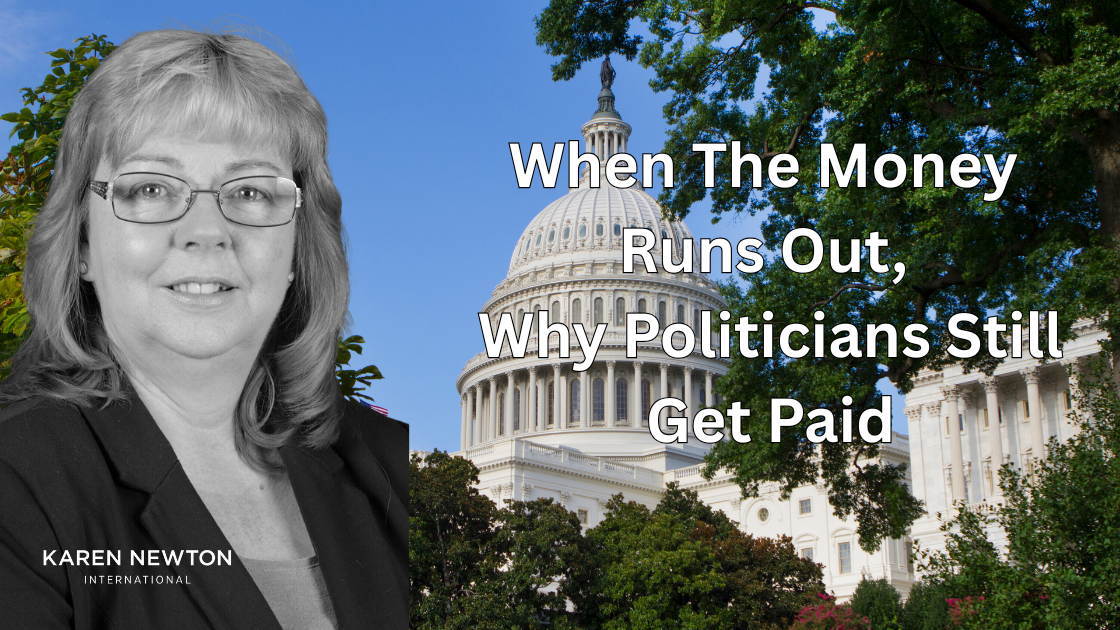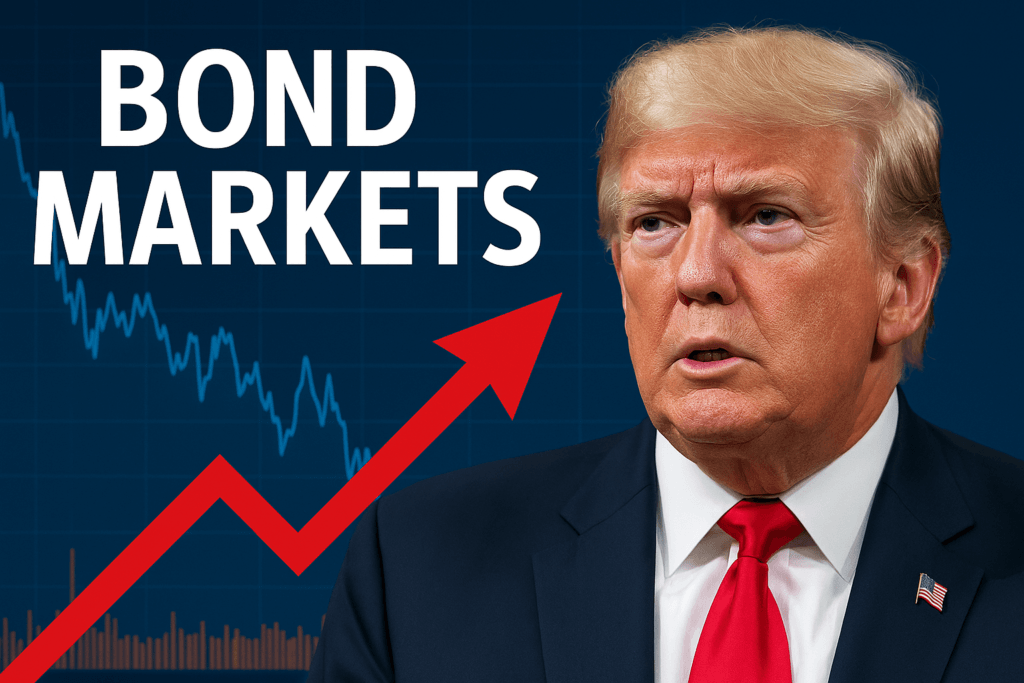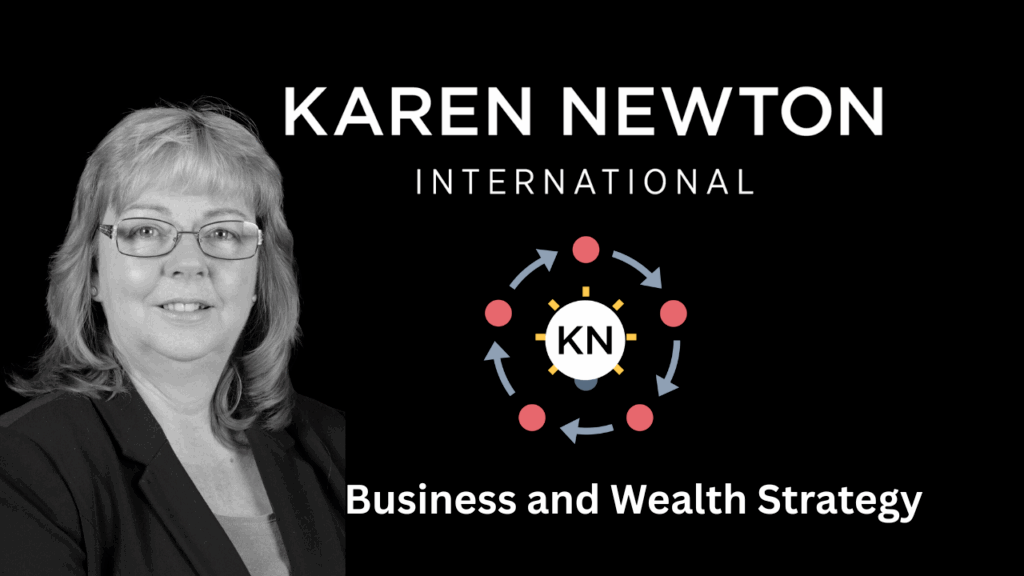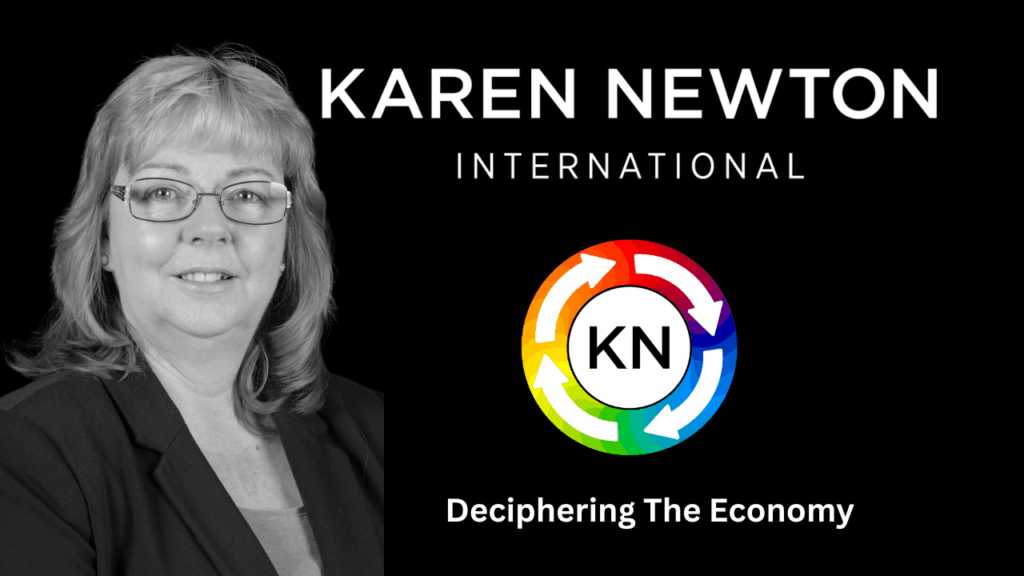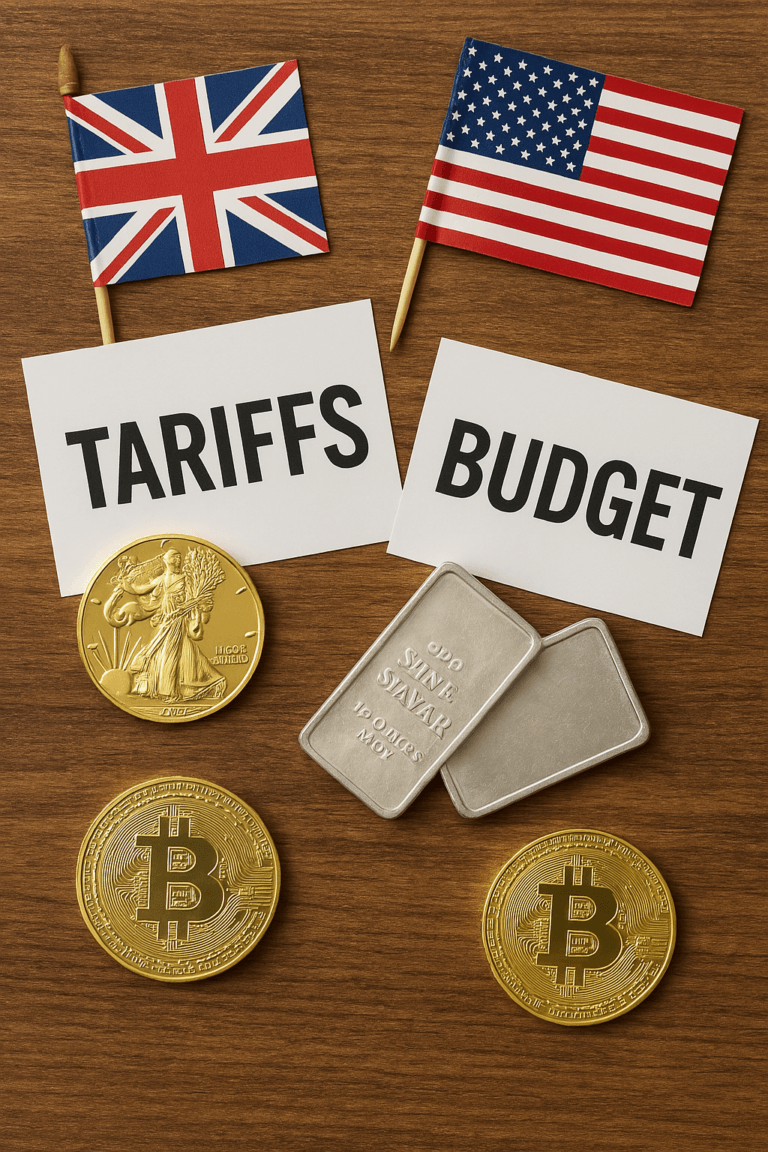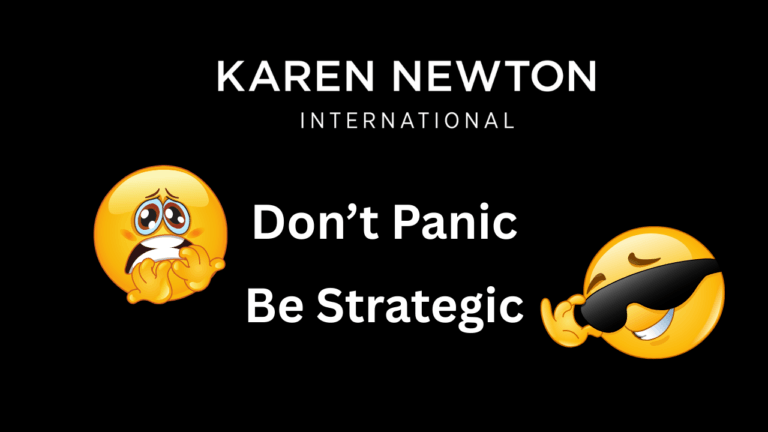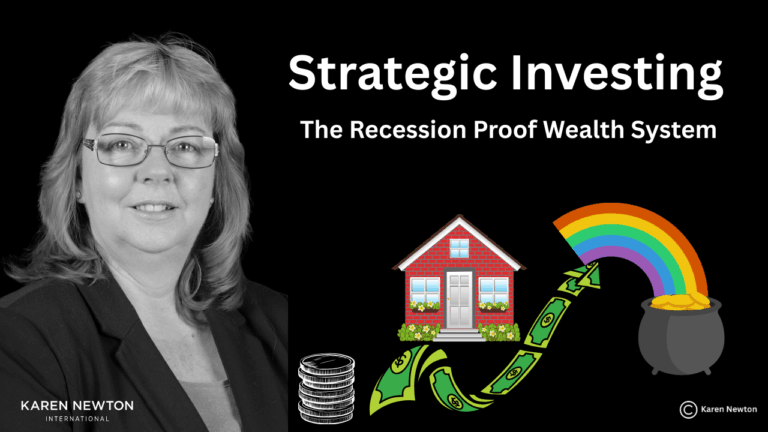If There is No Money, Should A Politician Be Paid?
Should a Politician Be Paid, when the money runs out.
A new U.S. bill says no. If government workers aren’t receiving their salaries, neither should the politicians responsible for passing the budget. It’s a bold idea that’s sparking debate not just in Washington, but around the world.
Key Takeaways For Should A Politician Be Paid
- The U.S. No Pay for Congress During Default or Shutdown Act (H.R.1973) aims to stop lawmakers’ pay when the government shuts down.
- During the recent budget lapse, 1.4 million U.S. federal employees were either furloughed or worked without pay.
- The proposal raises questions about accountability and fairness in leadership.
- We explore a global “what if” — what would happen if every country adopted similar laws tying politicians’ pay to economic performance?
Table of Contents
When Budgets Fail and Workers Pay the Price Should A Politician Be Paid?
At the start of October 2025, the U.S. government once again hit a wall, no approved budget, no funding, and hundreds of thousands of federal workers suddenly without pay.
According to the Bipartisan Policy Center, around 670,000 federal employees were furloughed, while another 730,000 continued working unpaid. These aren’t abstract numbers — they’re real people who manage airports, process benefits, and keep national services running.
Meanwhile, Congress members still got paid thanks to a permanent appropriation that guarantees their salaries even when the rest of government stops.
Enter the No Pay for Congress During Default or Shutdown Act (H.R.1973). This bill proposes withholding congressional pay for every day the government is shut down or reaches its debt ceiling.
It’s a clear message: if you can’t manage the budget, you don’t get a paycheck either.
Shutdowns erode trust, slow growth, and create hardship, all while those responsible remain insulated. That disconnect is exactly why this bill matters.
So, do you agree – if the money runs out or economic factors are poor, should a politician be paid?
What If This Rule Went Global?
Let’s imagine every country took this concept one step further:
- No politician paid if GDP growth falls below target.
- Salaries frozen if inflation exceeds 10%.
- Pay withheld when unemployment climbs.
It sounds radical but maybe it’s the accountability the world needs.
Accountability Would Skyrocket
Politicians would suddenly have real skin in the game. Success wouldn’t be measured by headlines but by hard data. Imagine leaders racing to solve inflation rather than blame it on someone else.
Budgets Might Finally Arrive on Time
Deadlines would matter. If every finance minister risked missing a paycheck, those budget meetings might suddenly become a national priority.
No more brinkmanship – just decisions.
When Economic Performance Gets Personal
Picture this:
- Country A: Inflation 12% → Politicians’ pay frozen. Cue energy reform and cost-control measures.
- Country B: Unemployment 15% → No salaries until jobless rate hits 8%. Job creation skyrockets (along with a few suspicious “retraining” schemes).
- Country C: Negative growth → No pay until the economy rebounds. Infrastructure spending booms overnight.
A mix of chaos and creativity, but certainly entertaining especially when you ask should a politician be paid?
The Unintended Consequences
As with any bold policy, it’s not all upside. Politicians might manipulate statistics to hit targets, or chase quick wins to protect income.
Short-term populism could replace long-term planning. Still, AI-powered forecasting tools could one day help governments detect and prevent downturns early before pay penalties even trigger.
Could It Actually Work?
Maybe.
In stable democracies, it could improve fiscal responsibility and rebuild trust.
In fragile economies, it might backfire — penalising leaders for inherited problems or global shocks beyond their control.
Yet at its heart, the principle is sound: leaders should share in the consequences of their decisions.
Bringing It Back Home
In wealth strategy, results follow systems and accountability. You track, you measure, you adjust. The same logic applies to national economies.
Imagine if governments ran like responsible businesses — budgets balanced, spending monitored, and pay linked to performance.
Perhaps then, leadership would evolve from political theatre into genuine management of national prosperity.
Whether you’re running a business, managing a household, or governing a nation — the same rule applies:
You can’t spend what you don’t have, and you shouldn’t get paid for work you haven’t done.
Accountability is the foundation of growth, stability, and long-term wealth. Should a politician be paid if they don’t deliver the results?
Further Reading US Politics
Deciphering The Economy Blog
Read more about this scenario in the Deciphering The Economy Blog – When The Money Runs Out, The US Shutdown – Should A Politician Be Paid
Frequently Asked Questions about Politician Paid
What is the No Pay for Congress During Default or Shutdown Act?
A U.S. bill proposing to withhold lawmakers’ salaries whenever the government shuts down or reaches the debt ceiling.
Is a Politician Paid during shutdowns?
Yes. Their salaries are protected by permanent appropriation laws, meaning they continue receiving pay even when other workers do not.
How many workers were affected by the 2025 shutdown?
Approximately 1.4 million federal workers — half furloughed, half working without pay.
Why do shutdowns happen?
They occur when Congress fails to pass funding bills before the fiscal year deadline due to political disagreements or policy standoffs.
Could other countries adopt similar “no pay” laws?
Possibly, but success would depend on strong data transparency and clear accountability systems to avoid manipulation or instability.
What are the risks of tying political pay to economic performance?
It could encourage short-term decisions, data manipulation, or avoidance of long-term reforms that might be unpopular but necessary. Imagine the potential performance if the decision was based on should a politician be paid for delivery results
How does this relate to personal wealth strategy?
It’s about accountability — knowing your numbers, measuring progress, and taking responsibility for outcomes. The same principle builds strong businesses and resilient economies. Business owners and investors aren’t paid if the results are real, should a politician be paid if they don’t deliver real results
If this story – Should A Politician Be Paid – made you rethink how accountability shapes success, take that mindset into your own financial journey.
- Start where you are.
- Build the income.
- Grow the wealth.
- Multiply the legacy.
Join my Zero to Millionaire Membership — a step-by-step roadmap to building lasting financial independence through smart business and investing strategies.
Karen Newton International Ecosystem
Glossary
Definitions for words and phrases used in the article can be found in the glossary

Karen Newton is a Business and Wealth Strategist, 3x International Bestselling Author, and founder of Karen Newton International. She combines practical experience with AI-Powered Entrepreneurship to help smart entrepreneurs build online income, invest strategically, and create long-term wealth through business growth, investments and joint ventures.

